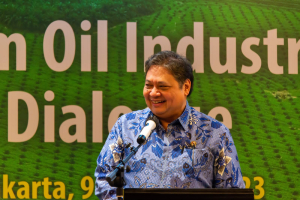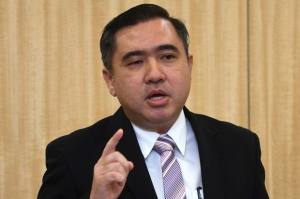Pertamina cooperates with Malaysian company to commercialize LNG
A subsidiary of Pertamina, PT Pertamina International Shipping (PIS), PT Davenergy Mulia Perkasa, and Malaysian offshore energy facility provider Bumi Armada Malaysia have signed an agreement for the development and commercialization of liquefied natural gas (LNG) in Indonesia. This agreement was reached on Wednesday, September 13th.
Under this agreement, Bumi Armada Malaysia and PIS will collaborate on the design, construction, installation, and operation of floating LNG liquefaction and storage facilities.
Additionally, they have agreed to cooperate in the transportation of LNG to consumers. The first phase of LNG deliveries is expected to commence three years after the final investment decision for the project.
The CEO of Bumi Armada Malaysia, Gary Christenson, welcomed the collaboration with Pertamina and Devaenergy.
He believed that this collaboration can provide sustainable solutions for reducing carbon emissions in Indonesia.
"This is also in line with Bumi Armada's decarbonization efforts to achieve net-zero emissions by 2050. This collaboration demonstrates our strong commitment to providing the best global decarbonization solutions," said Gary, on Thursday, September 14, 2023.
Following the connection of the Madura satellite fields (MDA, MBH, and MDK) in the Madura Strait to the Trunojoyo 01 Floating Production Unit (FPU) last year, the first gas was successfully achieved in the fourth quarter of 2022.
These fields are operated by Husky CNOOC Madura Limited, a joint venture between CNOOC and Husky Energy, with each holding a 40% participation interest.
The Trunojoyo 01 FPU has dimensions of 160 meters in length and 32 meters in width and was constructed in China with a design capacity of 175 million cubic feet per day.
Tag
Already have an account? Sign In
-
Start reading
Freemium
-
Monthly Subscription
30% OFF$26.03
$37.19/MonthCancel anytime
This offer is open to all new subscribers!
Subscribe now -
Yearly Subscription
33% OFF$228.13
$340.5/YearCancel anytime
This offer is open to all new subscribers!
Subscribe now






